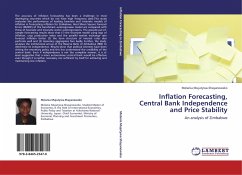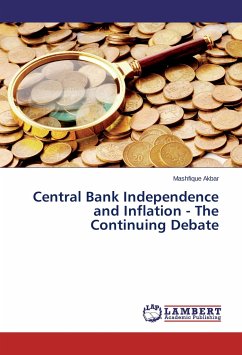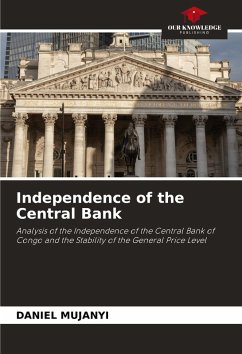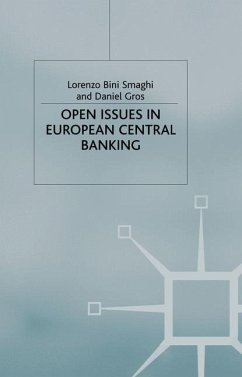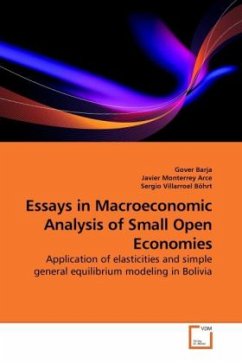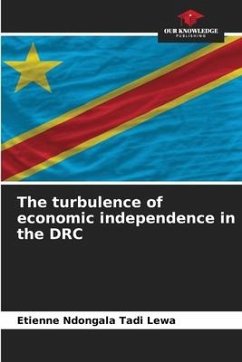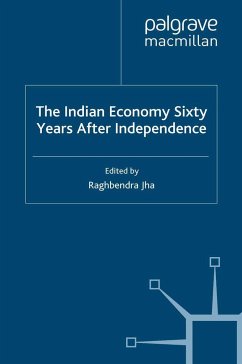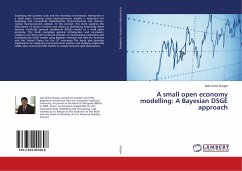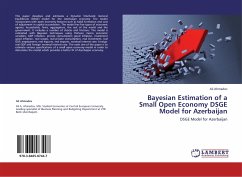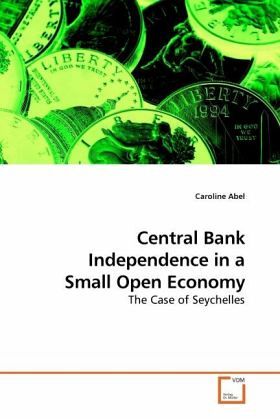
Central Bank Independence in a Small Open Economy
The Case of Seychelles
Versandkostenfrei!
Versandfertig in 6-10 Tagen
32,99 €
inkl. MwSt.

PAYBACK Punkte
16 °P sammeln!
There is wide spread agreement that Central Banks should be made independent. The backing for such an institutional structure is given by strong theoretical underpinnings together with unprecedented empirical evidence. This paper looks at this topic in the context of a small economy. In December 2004, the Central Bank of Seychelles became an autonomous body through the approval of a new Central Bank law. Given that the Bank is in its infancy as an independent institution, this paper looks at the implications that this change will entail, especially in the short-term. The analysis looks at the ...
There is wide spread agreement that Central Banks should be made independent. The backing for such an institutional structure is given by strong theoretical underpinnings together with unprecedented empirical evidence. This paper looks at this topic in the context of a small economy. In December 2004, the Central Bank of Seychelles became an autonomous body through the approval of a new Central Bank law. Given that the Bank is in its infancy as an independent institution, this paper looks at the implications that this change will entail, especially in the short-term. The analysis looks at the relevance of the theoretical arguments in favour of an independent Central Bank for this economy and some other pertinent issues, namely in terms of policies, especially in terms of coordination between the Bank and government. The main conclusion that emerges is that there is strong support for the theoretical views. Nevertheless, the Bank also faces two important challenges as it tries to build its track record; namely a process of economic liberalisation and a possible conflict between domestic policy sovereignty and what is accepted at the international level.



